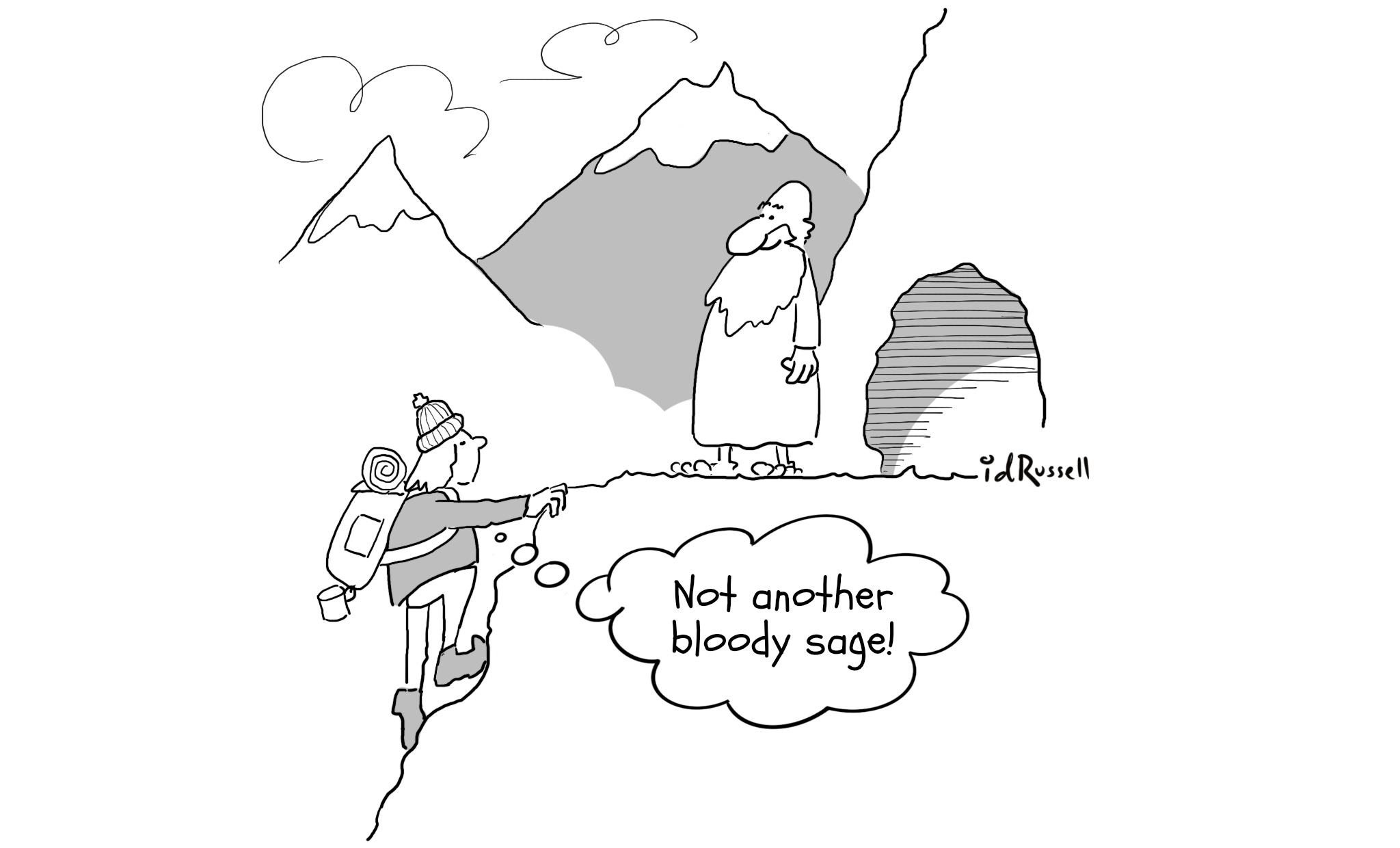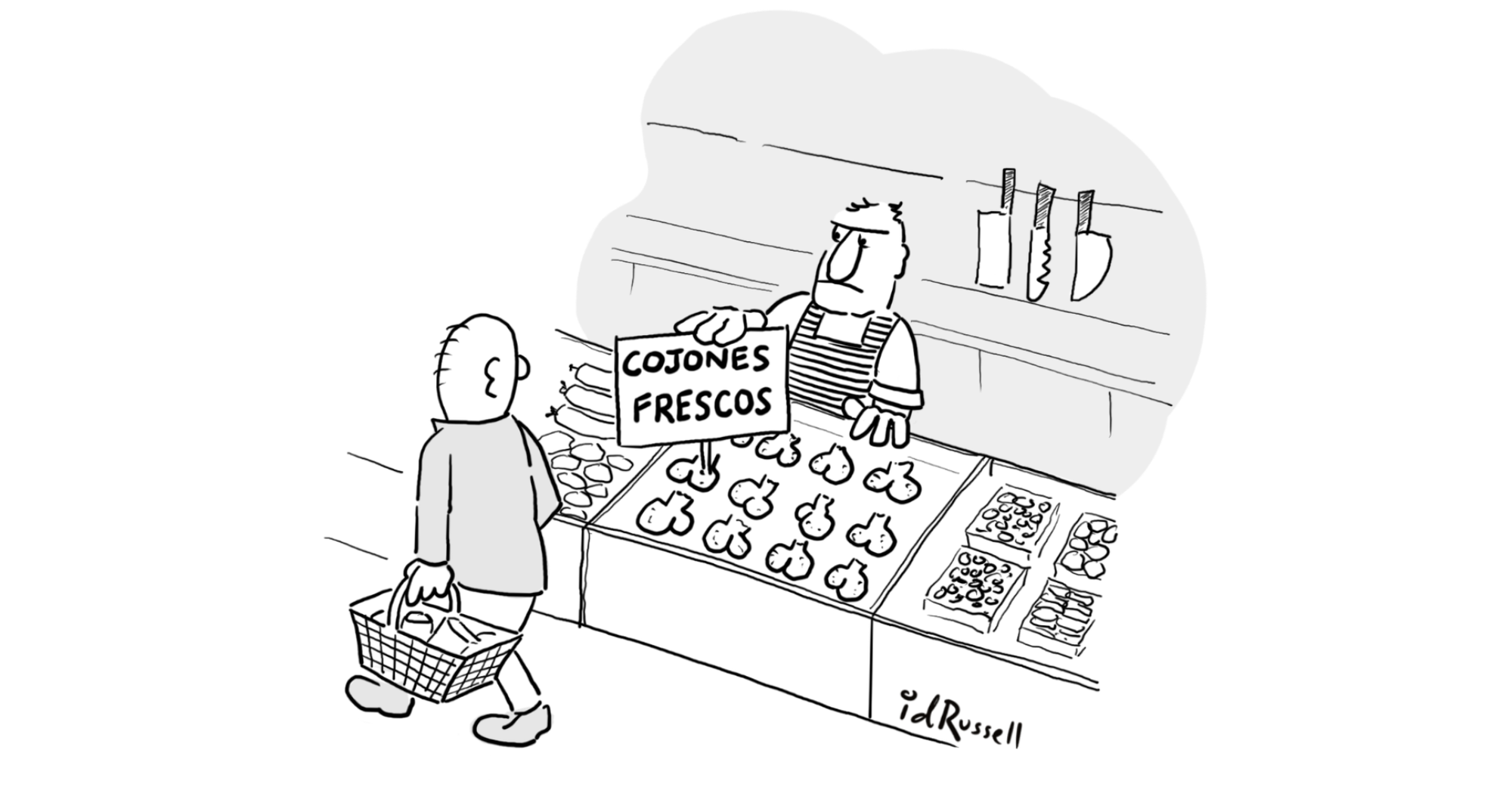Diary: Stranger in a strange país
[Content warning: reference to male genitals, unsolicited advice]

Dear Diary,
I’ve been thinking about Spain, and trying to remember the thoughts and experiences that defined my first couple of years there as an extranjero [foreigner].
I lived and worked in Madrid for the best part of ten years - throughout my thirties mostly - and it’s now half a lifetime since I arrived for the first time with the intention of staying, initially for one year.
The reason it’s on my mind is because someone I know is about to up-sticks in the UK and relocate to Barcelona, at least for a year or two, and I pondered whether I should offer some advice or cautionary tales to help ease the adjustment.
I concluded that any sage guidance from me was unlikely to be helpful, and for several reasons. The most obvious being that it's entirely unnecessary, as this person is as capable as they come, but the most significant is the passage of time.
The cultural and political changes within Spain over the past thirty years have been particularly rapid, so the country I first came to know and love is now, in many ways, very different.
When I arrived in the mid-1990s it quickly became apparent that the effects of the transition to democracy that began in the 1970s were still unfolding, bolstered by joining the European Union in 1986, and later turbo-boosted by adopting the Euro in 1999.
International funding, trade, and investment have been transformative for the economy, infrastructure and streetscapes. The country, I feel, has become less uniquely Spanish and more homogeneously European.
That’s not to say that Spaniards have lost their identities - they have not - but a lot of their customs, attitudes, and limitations are now firmly in the past.
Unlike before, English is now very widely spoken, and not just in the tourist hotspots. French used to be the primary foreign language taught in schools before they switched to English in the 1980s, but it took a quarter of a century before this percolated through to the workplace and wider culture.
This deficit in the international lingua franca - just when the country was opening up to international politics, business, science and technology, and foreign relations in general - happened to be opportune for me back then, in two distinct ways.
The demand for extracurricular English for children, and ‘business’ English classes and training for adults, was huge. Like many other native English-speakers, I was able to make a living to fund my stay despite my own initial lack of Spanish.
The other way I benefitted is a little more subjective. I enjoyed being a foreigner. A stranger in a strange páis [country]. For me, having little beyond rudimentary Spanish was an everyday adventure, bringing joy, frustration, and occasional embarrassment, to almost every interaction.
Slowly acquiring the language went hand-in-hand with learning about the people, their history, and customs. I can’t imagine that this experience would have been as rich or as challenging had defaulting to English been more of an option.
Some of my most awkward moments are now among my favourite memories, like asking for breast of penis at the local market, or enquiring if the male shopkeeper had testicles. These and countless other gaffes were usually met with good humour and kindness, and they helped me grow.

They say travel broadens the mind and loosens the bowels, and I can attest to both, but the extent to which you change or grow abroad ultimately depends on your curiosity, and the impenetrability of your inevitable personal preconceptions and prejudices.
In short, things have changed, and everyone's experience will be different.
So, what words of wisdom might I offer my departing friend?
- Embrace your difference, stay curious, and remind yourself often that you’re on an adventure.
- Make the most of your time - it just might be your best of times.
- When the novelty wears off, expect to have doubts or feel lonely and isolated. Homesickness is normal, and temporary. You’ll recover and become stronger.
- After some time, be prepared for when you return to the UK and take off your Spanish hat - your old UK hat might seem uncomfortably small.
- Beware of false prophets, and avoid antipathetic expats.
- Don’t buy fish on a Monday, and say 'no' to yesterday's paella.
Diary

Member discussion